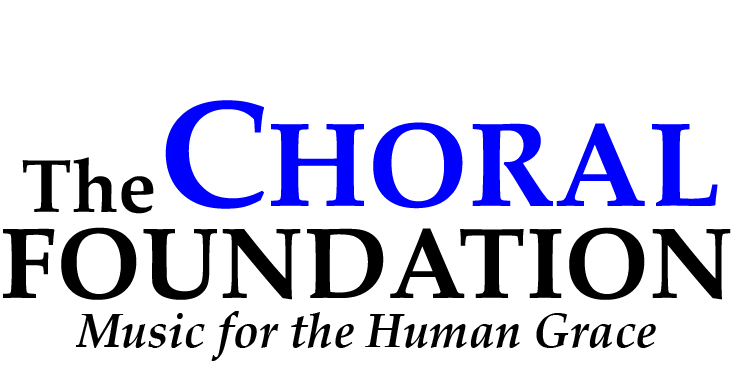Libby Hanssen | August 27, 2024
The Summer Singers of Kansas City is a non-audition chorus that practices once a week in the summer and performs once a year. But if you didn’t know the ensemble was primarily passionate amateurs, you might not even realize it. They brought power and excitement to their performance in Helzberg Hall on Sunday evening.
Each year, conductor and founder William Baker selects one of the choral repertoire’s significant masterworks to perform with the Summer Singers, with included over 150 singers. The group celebrated its 25th anniversary this year—that’s a whole lot of masterworks tucked into their collective belts.
This time around, Baker chose Ernest Bloch’s “Avodath Hakodesh” (Sacred Service), a piece that doesn’t get performed nearly as often as work by Johannes Brahms, Ludwig van Beethoven, or Wolfgang Amadeus Mozart, but—like many of their famous choral works—is based on the structure of religious service, in this case from the Jewish liturgy, rather than Catholic or Lutheran.
As far as I could ascertain, this is the first local performance of the piece since 2012, when Baker programmed the piece with his Festival Singers. Prior to that it hadn’t been performed in Kansas City in nearly 30 years (and only about two performances in the 30 years preceding that concert), making Sunday’s performance particularly intriguing.
Completed in 1933, this oratorio presents the prayers and chants of Reform (as opposed to Orthodox or Conservative) Sabbath morning service and is primarily in Hebrew, introducing English in the final section (in the program, other then the opening phrase for each section, only the English translations and text was shared). It was written for mixed chorus, cantor (baritone soloist) and orchestra. In this performance, they presented Bloch’s arrangement with organ instead of orchestra (performed by Jacob Hofeling on the hall’s Casavant organ), supplemented by timpani and cymbal (performed by Mark Lowry). Including percussion was an effective decision, emphasizing dramatic moments both aurally and visually, with Lowry positioned near the front line of vocalists and adding rumble to the organ’s pedal notes.
Soloist Joshua Markley was the cantor, performing from the organ loft. He had a rich and somber tone, well suited to the range of the music and declamatory leadership role. There were a few brief solo moments for members of the choir, too, some cutting through the texture better than others, especially when the organ had a prominent part.
The piece is written in five parts, in keeping with the service structure. As a 20th century composer, Bruch brought a modernist sensibility to the work and included a wide range of melody, texture and expression in the piece. The group navigated these varying influences with skill, from soft, introspective moments to riotous joy, straight ahead choral singing to otherworldly chords, in a performance to be commended.
The concert actually started with Max Bruch’s “Kol Nidrei, op. 47” (“Adagio on Two Hebrew Melodies”), performed by James Farquhar on cello and Hofeling on organ. While Bruch was not Jewish, he associated closely with Jewish musicians and used Jewish folk music in some of his work. This piece pre-dated Bloch’s work by about 50 years, but the original text for Kol Nidrei is taken from ancient Aramaic and associated with Yom Kippur, the holiest day of the year in the Jewish calendar, the day of atonement, part of Jewish tradition for centuries.
Farquhar performed in the organ loft next to Hofeling, high above the stage. It was a solemn piece, carrying on its steady tones centuries of meaning and experiences. The second section, based on 18th century music by Isaac Nathan, was busier, grander, traveling throughout the range of the cello. The end, a rising line in cello, supported by soft chords on the organ, lingered in the air with the final release.
This ensemble is one of many under the umbrella of The Choral Foundation, including the Summer Singers of Lee’s Summit, which performed Ariel Ramirez’s “Misa Criolla” for their 10th anniversary concert this past July.
For more information on the Summer Singers of Kansas City visit www.festivalsingers.org.
Libby Hanssen
Originally from Indiana, Libby Hanssen covers the performing arts in Kansas City. She is the author of States of Swing: The History of the Kansas City Jazz Orchestra, 2003-2023. Along with degrees in trombone performance, Libby was a Fellow for the NEA Arts Journalism Institute at Columbia University. She maintains the culture bog "Proust Eats a Sandwich."



